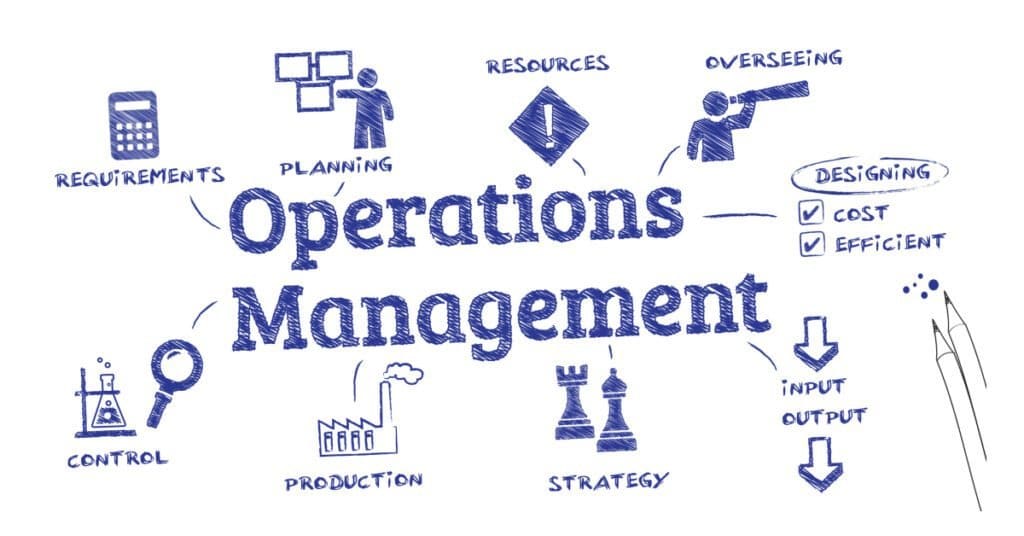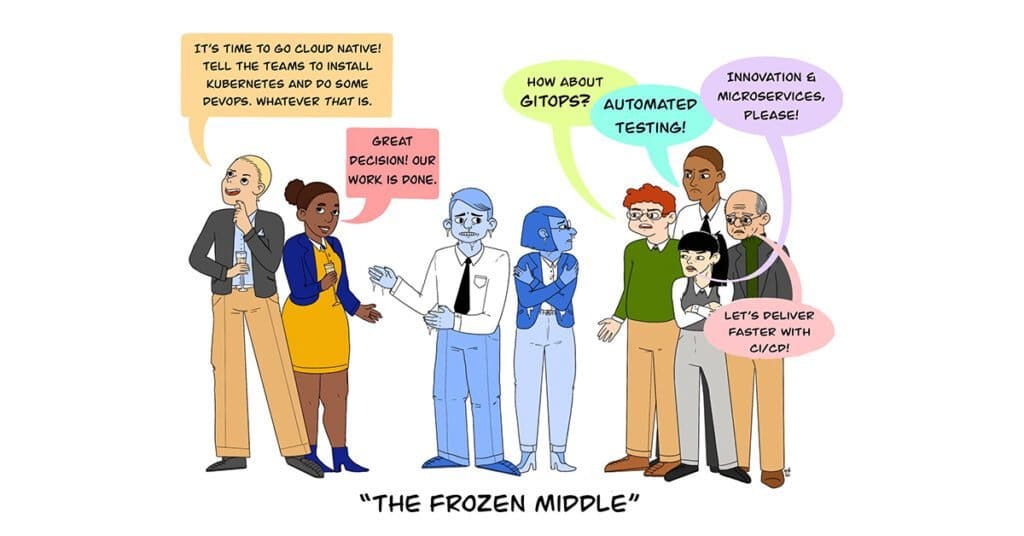Recently, I have been on the receiving end of many requests from peers in private dental practice. Most of the issues may be categorised into three main areas: Personnel management, salary system design and recruitment.
This shows that the majority of Chinese private dental practitioners have gradually transitioned from what was once a purely technical role to that of comprehensive operator.
Although this process is painful and tangled, vast numbers of private practitioners in China are experiencing what I consider a “nirvana rebirth” – at least, at the conceptual and logical level.
Root of frustration
I believe the reasons for their frustrations and/or lack of direction can be attributed to our medical education system.
Firstly, none of the private dentists in China have been exposed to any type of business management courses when studying in medical schools.
Most of our professors are engaged in clinical work in the public medical system. That is to say, none of them possess any private practice experience, so how could they be expected to pass on any practical knowledge for would-be private practitioners?
It is thus impossible to gain any helpful insights at the undergraduate level, when it comes to “swimming in the big ocean” of fierce market competition – not if you’re expecting to arrive on the other side of the shore.
Limitations of technically inclined thinkers
There is also the limitation of practical thought. As technical professionals in the dental realm, our cognitive and management skills are rigorous and focused, which leads to a myopic view of many things.
Running and managing a practice requires more divergent thinking and a lot of flexibility. Without any special training in the formal system, the probability of two diametrically opposed logical modes co-existing in a person’s thinking ability is extremely rare.
You would find in the majority of practicing dentists, the bottleneck of personnel management is often closely related to the scale of the outpatient clinic.
If the clinic is small in size, the dentist would have better oversight of many personnel issues. Early detection and response can be quickly achieved. Doctors that fall into this category tend to develop “overconfidence” in their people-management ability.
With the rapid expansion of the dental team, brought on by the exponential increase in patient numbers, however, the “ceiling” of said dentist’s management ability would be exposed. This is why many dentist-led chain practices often find it impossible to scale once they hit a certain growth “ceiling” – which brings us back to the premise of this article.

Humbly acknowledge and learn from other fields
Any industry that exists and benefits the society for a long time follows the natural law of “existence is reasonable”.
Likewise, if management and operations are not important, why do world-renowned business schools exist and continue to attract people?
As a medical professional, you can not only know how “beautiful” your professional field is, but also humbly respect and ask for advice on the extremely mature experience and methods of other industries. How you use and apply the information is totally your prerogative.
Only by facing the real value of management and operation, can we usher in the vision of the real prosperity of private dentistry in China!
So how do we solve the confusion of the majority of dental practice bosses in this transformation process?
First of all, the study and comprehension of relevant professional knowledge is paramount. I would suggest that you learn “healthy nutrition” from the relevant courses sponsored by local regular business schools. In this way, you can learn relevant knowledge with real value, and you can use the platform to improve and expand the level and number of your high-quality customer groups, killing two birds with one stone!
Secondly, it is necessary to build and develop an internal management organizational structure as soon as possible.
While your dental team is not too big and still relatively easy to manage, it is important to lay a good foundational system for future expansion.
Non-existent management structure

In my extensive exchanges with practitioners across the country, I found that many management problems are rooted in the unclear or non-existent management organizational structure within the clinic.
For any major or minor affair in an outpatient clinic, the dentist is invariably the one making the final decision. Such “emperor”-like centralization has led many dentists to complain about the lack of skills in their department. This is the persistent problem of over-centralization and under-delegation of authority.
No matter the size of the clinic, there should be corresponding management levels and job authority divisions. Now any decision-making and problem handling are under the control of managers. Otherwise, who is to be blamed when employees unknowingly develop an inert working habit – do we have a right to complain about their lack of “responsibility”?
Some outpatient clinics do hire “middle managers” but as soon as they begin to exercise their responsibilities, the managing dentists sometimes publicly change or remove their portfolio without offering any reasons.
If such issues are escalated and the company’s decision-makers are forced to directly intervene, the resulting effect would inadvertently damage the nascent management organization structure – that was just beginning to take shape!
Some business colleagues of mine did not even realize the impact of their interventions. While some colleagues sincerely sought to change after being made aware, sadly in many cases, they have already severely curbed the enthusiasm of their employees – especially the enterprising ones among them.
Knowing where you boundaries lie
It is my opinion that every managing dentist must be clear about where the “boundaries” of organizational management lie – and fully “authorize” the middle managers.
Middle-level managers actually serve as important communicators and management executors between the boss and the employees. They are able to not only effectively share the daily management chores of the grassroots employees, but also carry out the implementation of each specific work arranged by their superiors.
As an outpatient manager, a practicing dentist only needs to ask for the results from a few middle-level managers. By managing the organizational structure, it can share and improve management efficiency, and the development of the enterprise will become more mature, standardized and process-oriented.
This is really the only way to push the development of the outpatient clinic to a new height, turning it into a “qualified” private enterprise.
Source: Anonymous contributor/ Huaxia Medical Network
The information and viewpoints presented in the above news piece or article do not necessarily reflect the official stance or policy of Dental Resource Asia or the DRA Journal. While we strive to ensure the accuracy of our content, Dental Resource Asia (DRA) or DRA Journal cannot guarantee the constant correctness, comprehensiveness, or timeliness of all the information contained within this website or journal.
Please be aware that all product details, product specifications, and data on this website or journal may be modified without prior notice in order to enhance reliability, functionality, design, or for other reasons.
The content contributed by our bloggers or authors represents their personal opinions and is not intended to defame or discredit any religion, ethnic group, club, organisation, company, individual, or any entity or individual.

